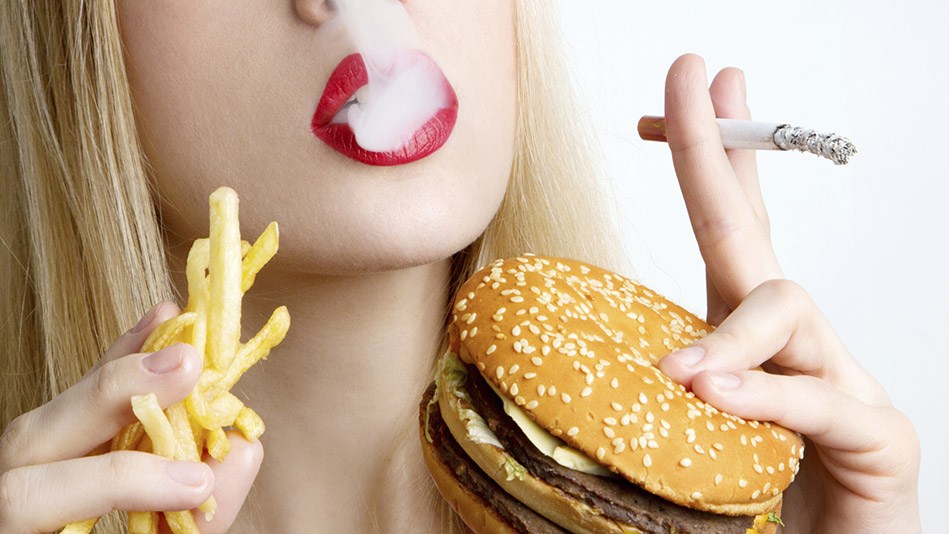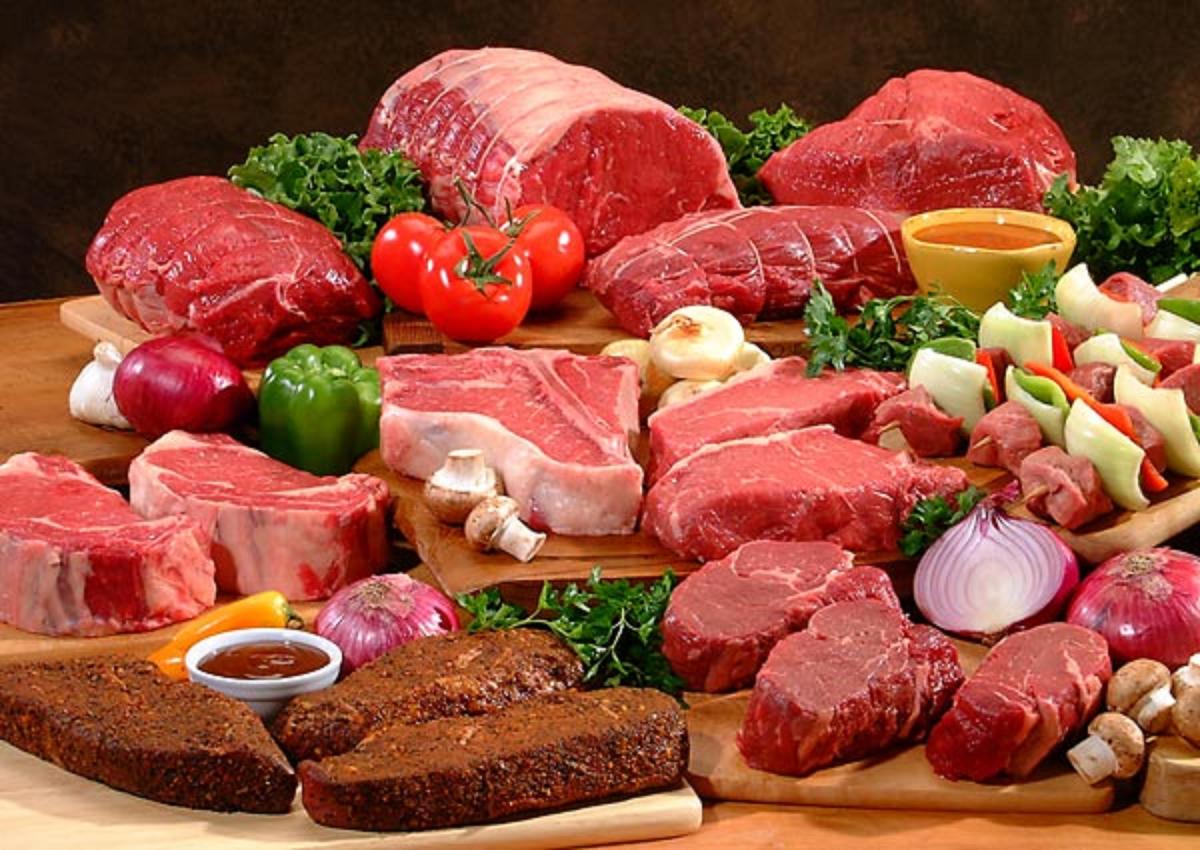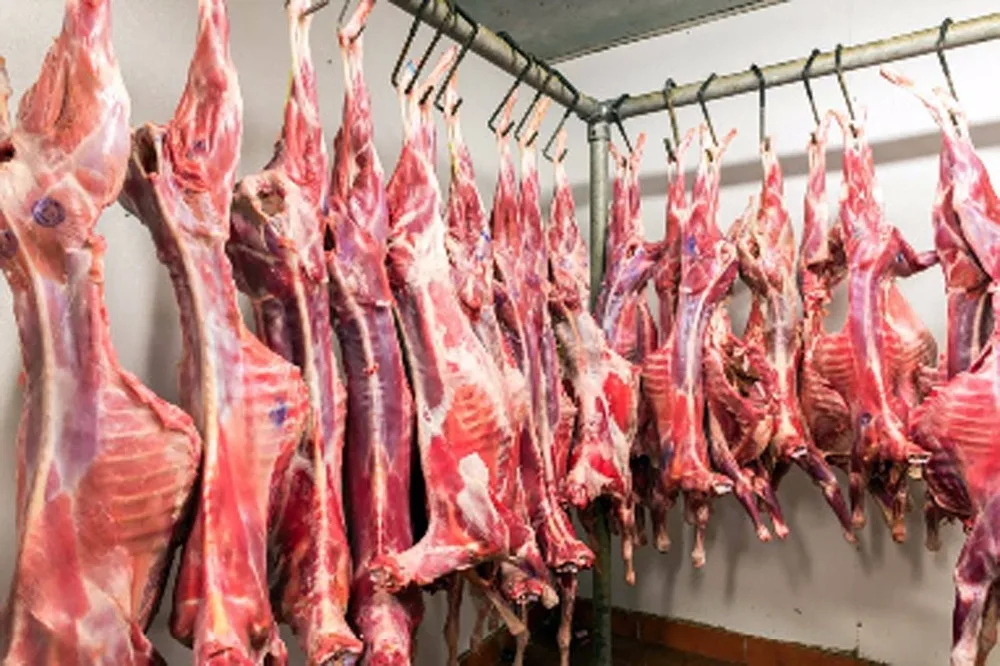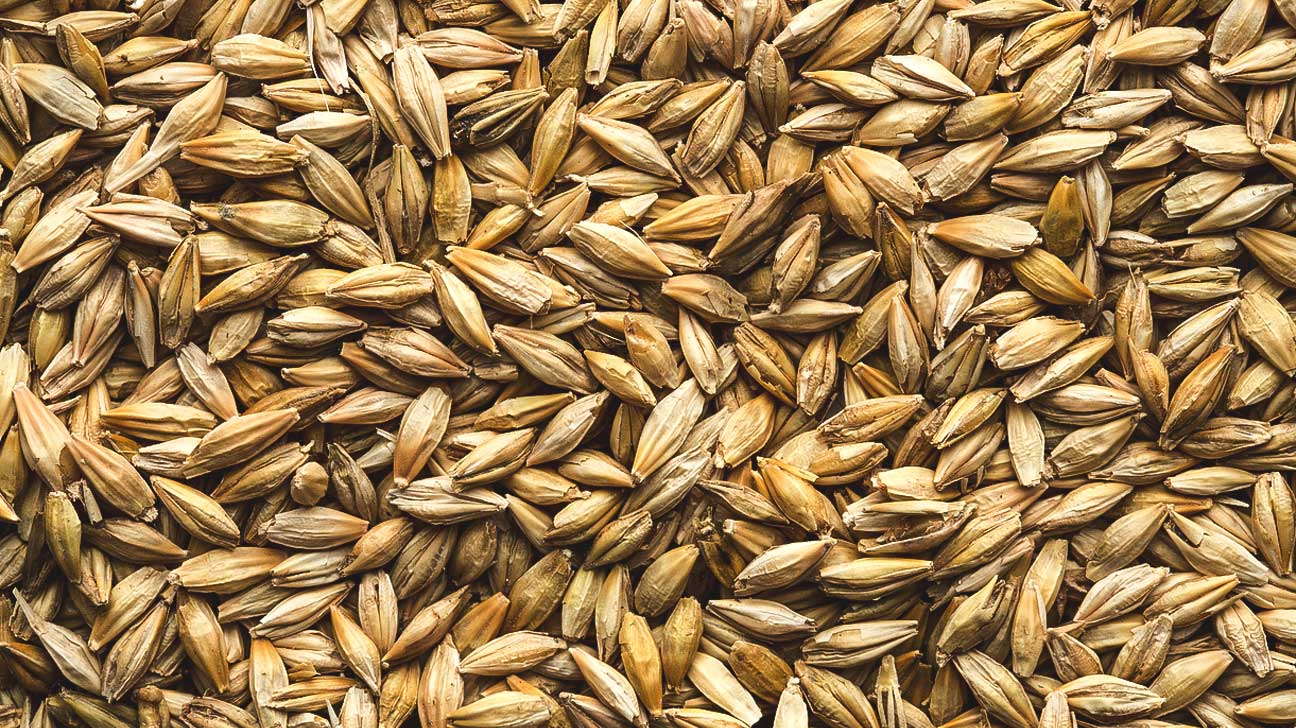If do you have any one of the following habits than it can disturb your health sooner or later, according to Ayurveda.
1) Nitya Avyayam – Daily No exercise, hate exercise, late wake up in morning.
2) Atyambhupan – the Excessive drinking of water at a time. (Especially after wake in morning)
3) Dugdhpaan – the Habitual drinking of excessive Tea + Milk or Milk + breakfast.
4) Morning 8 am Breakfast and 9 am lunch
5) Habitual eating of Banana, cashew nuts, Figs, Almond even without a digested previous meal.
6) Drinking water before the meal.
7) Drinking water immediately after a meal ( 500-700ml), or drinking water after straight 1 hour (500ml).
8) Eating fruits after a meal.
9) Not eating anything during the sensation of hunger.
10) Daytime sleep after the meal.
11) Only drinking water till a lunch or a dinner without eating anything
12) Morning milk for breakfast and 10 am lunch.
13) Having fruits or fruit juices in the afternoon
14) Having tea or milkshakes in the afternoon
15) Consuming junk food in the evening without having the previous meal digested and yet having the dinner
16) Drinking of milk 200 ml while bedtime (After dinner)
17) Weekly eat 3 to 4 times 50 to 100 gm peanuts.
18) Daily Milk + Rice
19) Daily coconut water
20) Daily intake of 1 or 2 cucumbers.
21) Daily consumption of Curd.
22) Daily Jaggery or Jalebi, Pedha, Rabadi (Indian sweets)
23)Excessive of Intake of Paneer (Cottage Cheese).
24) Daily intake of Peanuts + jaggery.
25) Habitual intake of Sprouts.
26) Daily Limbu Pani (Lime Juice)
27) Excessive intake of potato, rice.
28) Excessive intake of salt with rice.
29) Habitual intake of Non-veg food. (All types of non-veg food Including eggs)
30) Excessive consumption of Ghee. (If digestive fire is weak)
31) Regular drinking of tea (3-4 times a day)
32) Habitual eating of ice cream.
33) Drinking chilled water
34) Excessive intake of dairy products and other foods made with milk.
35) Daily consumption of watermelon, muskmelon, cucumber in the summer season.
36) Raw vegetable intake. (without cooked)
37) Raw Sprouts intake minimum 50 gm daily.
38) Daily intake of 20-30gm sesame (til).
39) Excessive sugar intake.
40) Habitual consumption of urad dal or urad dal foods.
41) An absence of bitter and pungent taste in the meal.
42) Fasting the entire day and breaking it with a heavy meal in the dinner
43) Only drinking water while fasting the entire day.
44) Consumption of alcohol and smoking.
All Above mentioned habits disturb equilibrium between vata, pitta and kaph which leads to any diseases.
We are trying to propagate Ayurveda such a way that every reader should get authentic knowledge of Ayurved direct from ancient texts so please do share this blog because always “sharing is caring”
“We need to support Ayurveda just like we did with Yoga”
(For Personal Ayurveda Consultation With DR. GAURAV DAVEE
Contact – drgauravdave17@hotmail.com)











